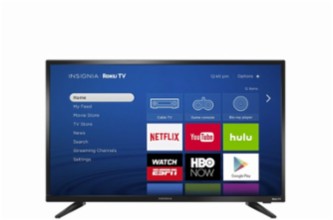×
The Standard e-Paper
Fearless, Trusted News

In April 2013, Cassidy Wolf, then a contestant in the Miss Teen USA pageant, was shocked to learn that a hacker had used the webcam on her own laptop to take photos of her in her own bedroom.